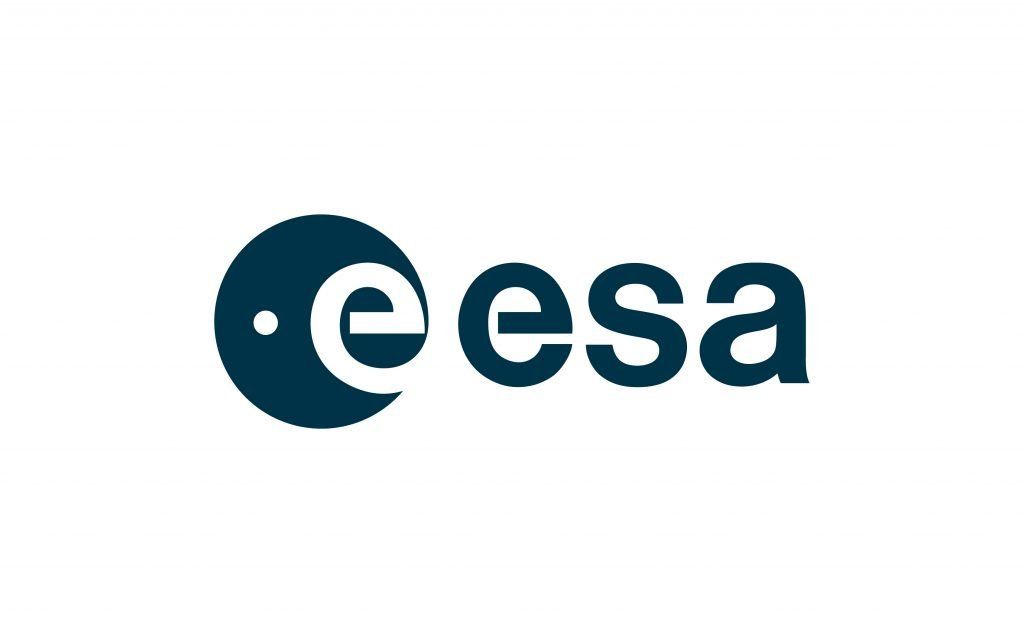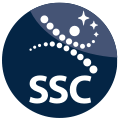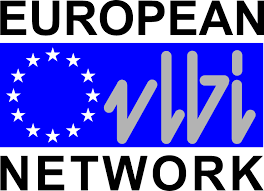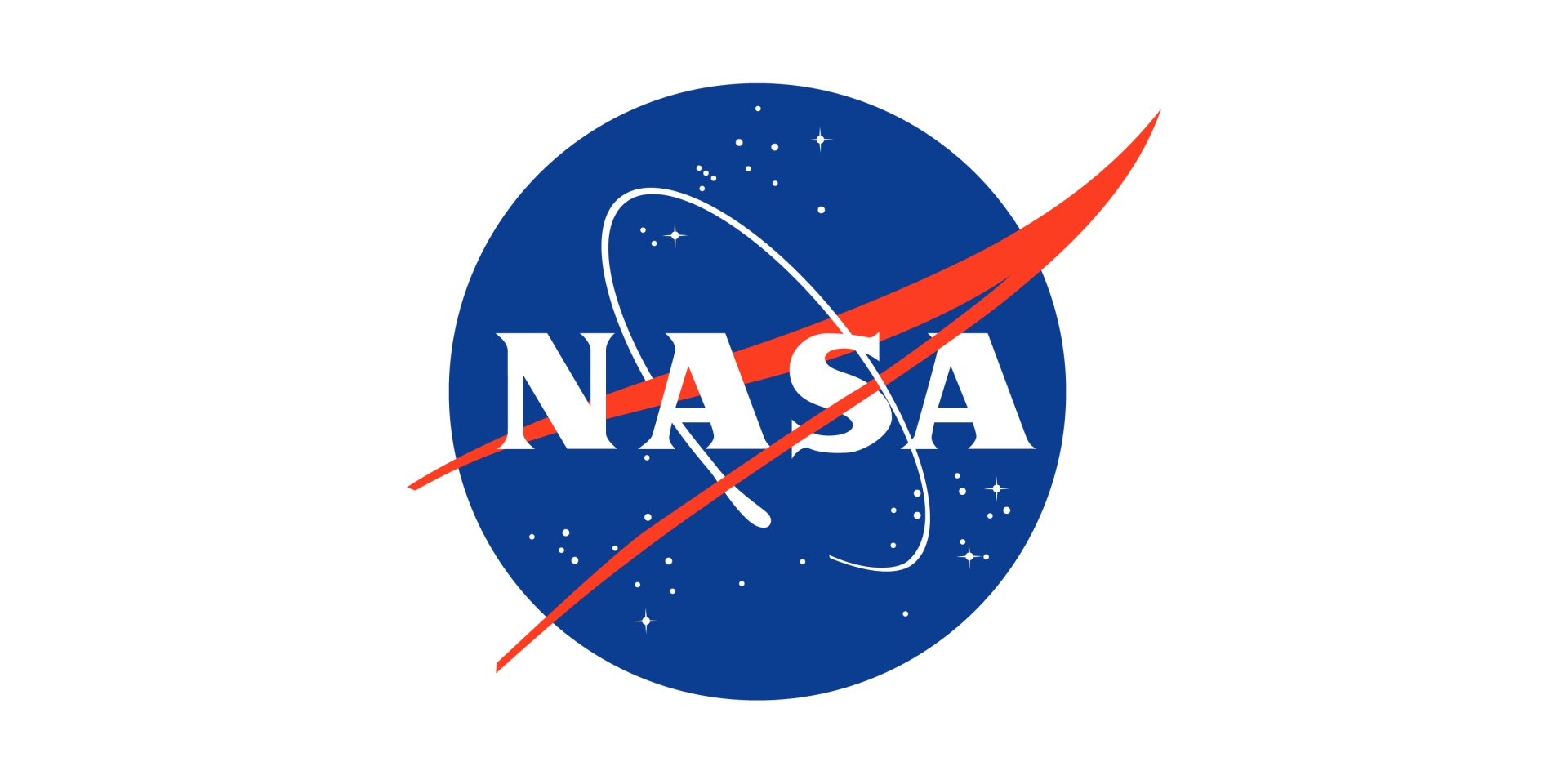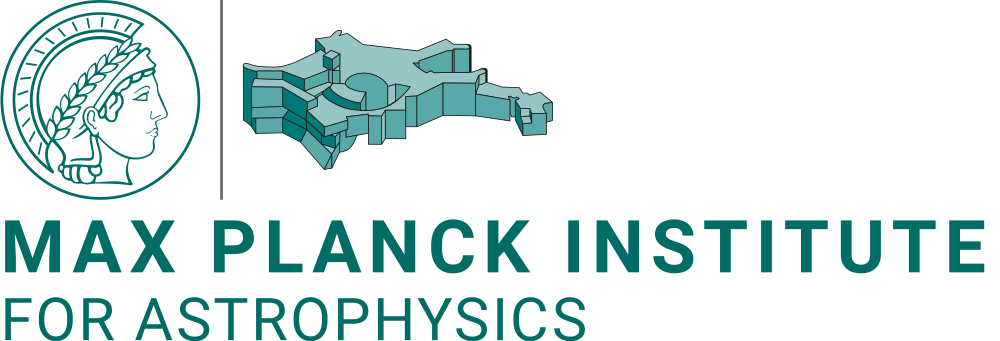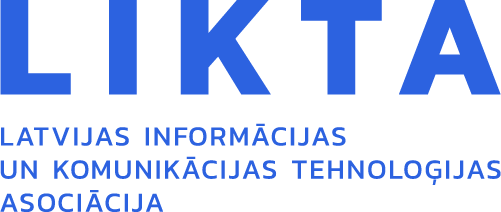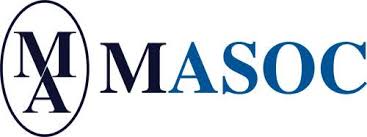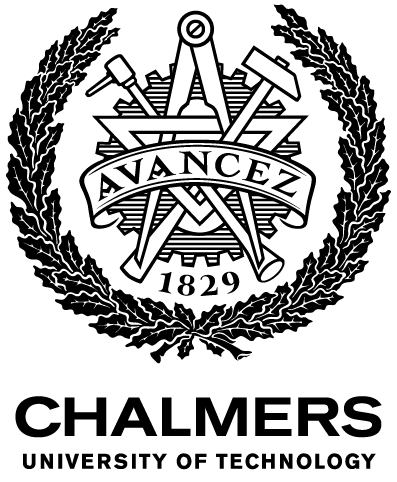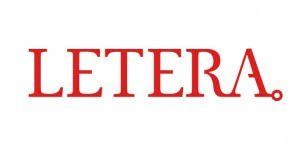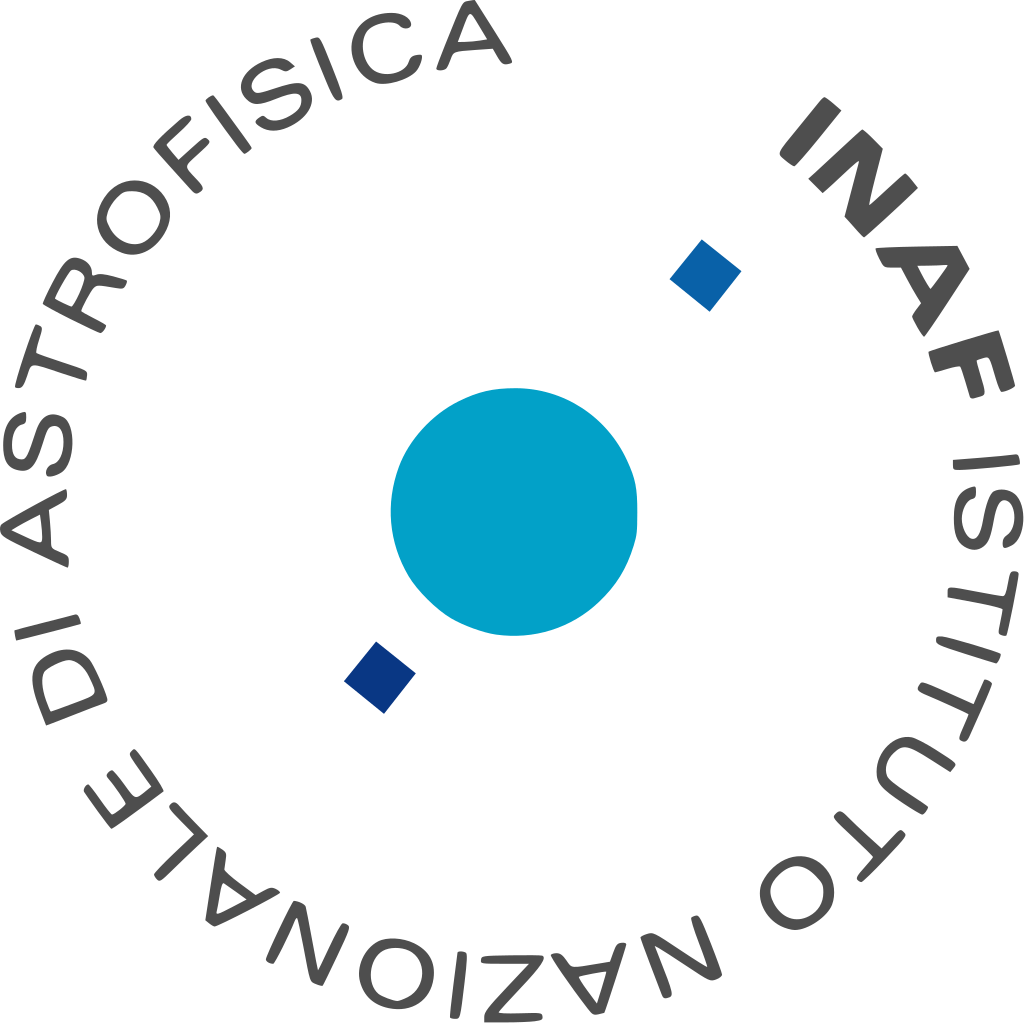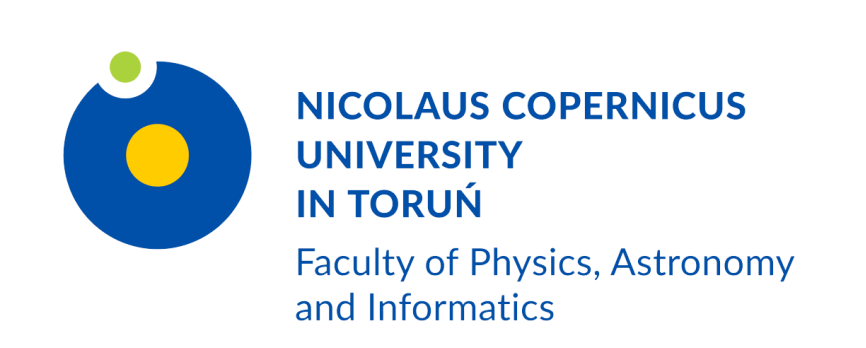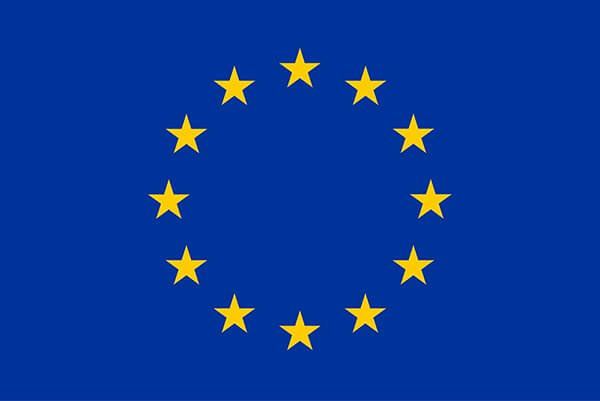This web page is created within BALTICS project funded from the European Union’s Horizon2020 Research and Innovation Programme under grant agreement No.692257.
Projects
Projects under implementation
-
BALTICS-Building on Advanced Lofar Technology for Innovation, Collaboration and Sustainability (Nr. 692257)
Duration
01.01.2016.-31.12.2018.
Project Partners
ASTRON, the Netherlands Institute for Radio Astronomy and University of Manchester (United Kingdom)
Aim of the Project
to strengthen the competitiveness, cooperation and know-how of the IE VIRAC in the fields of science related to LOFAR (Low-Frequency Array for Radio Astronomy) technologies by implementing various types of high-level training cycles, learning from European and international leaders in this field.
Funded by
HORIZON 2020, TWINNING program project on the use of LOFAR technologies.
Summary
Within the framework of the project, IE VIRAC will acquire knowledge and practical experience in the fields of science related to LOFAR technologies, which will significantly increase the quality level of IE VIRAC scientific publications. Cooperation with European and international leaders in the field of LOFAR technologies will be established. The knowledge gained during the project will be able to be used for the establishment and operation of a potential LOFAR station in Latvia.
-
Training the next generation enterpreneurs with handson methods in space STEM (Nr. Est-Lat13)
Duration
01.03.2017. – 01.12.2019.
Project Partners
Tartu Observatory, University of Latvia, University of Tartu, Green and smart technology cluster, sTARTUp Hub, Heliocentric Technologies Latvia, Estonian Student Satellite Foundation (ESTCube)
Aim of the Project
Promote the development of the NewSpace industry (the private space technology sector) In Latvia and Estonia through several interrelated activities.
Funded by
ERDF
Summary
Project Activities:
1. To prepare young engineers for work in the NewSpace industry, providing an opportunity to practice in companies and institutions dealing with space technologies;
2. Prepare the new generation to work in the NewSpace industry by organizing startup events, seminars, hackathons, training and camps;
3. To help create better conditions for the development of the national industry in the NewSpace sector by analyzing Estonian and Latvian space policies to harmonize them;
4. Raise awareness of the NewSpace industry by organizing seminars for journalists on space technology.
-
Laboratory network for testing, characterisation and conformity assessment of electronic products developed by SMEs (TEST-4-SME) (Nr. - #R040)
Duration
25.05.2017.-31.12.2020.
Project Partners
Tartu Observatory; University of Tartu; Riga Technical University; University of Latvia; Applied Research Institute for Prospective Technologies, Centria University of Applied Sciences Ltd; JSC Modern E-Technologies; Hochschule Wismar, University of Applied Sciences: Technology, Business and Design
Aim of the Project
Establishment of a network of laboratories for the needs of small and medium-sized electronics companies in the Baltic Sea region.
Funded by
The Interreg Baltic Sea Region Programme 2014-2020 (ERDF, Within the framework of the Baltic Sea Region Transnational Cooperation Program)
Summary
Main activities:
Establishment of a network of electronics testing laboratories with common standards, which will provide consulting and testing services to small and medium-sized electronics companies, as well as training of laboratory staff and purchase of laboratory equipment.
-
Development of Ventspils University of Applied Sciences next-generation sensor programmable LOFAR radio telescope
Duration
01.01.2017. – 31.12.2019
Aim of the Project
The allocated funds are intended for the creation of a new low-frequency radio astronomy array (LOFAR) in the Irbene radio telescope complex, which will promote research in radio astronomy and its application in the national economy.
Funded by
Government Funded Project
Summary
The establishment of a LOFAR station and its subsequent integration into the SLT (International LOFAR Telescope) consortium, which would provide radio astronomers with access to the latest LOFAR observation data, would allow them to engage in joint research with partners from Europe and the world.
-
Ventspils University of Applied Sciences satellite technology education program (No. - 4000114048/15NL/Nde)
Duration
01.09.2015.-01.09.2018.
Aim of the Project
Further research and development of FPGA technologies for applications in nanosatellites, especially CubeSat-type nanosatellites.
Funded by
ESA
Summary
Main Activities and Results:
1) Lecture materials and laboratory works for the satellite technology course;
2) Development of a reconfigurable communication subsystem for nanosatellites;
3) summer school “FPGA applications in a nanosatellite communication system”.
-
Establishing nanosatellite ground station by adapting RT-16 radio telescope infrastructure
Duration
03.09.2018.-02.06.2019.
Aim of the Project
Research and develop a concept for adapting the recently refurbished RT-16 radio telescope for use as a ground base station for nanosatellites.
Funded by
ESA
Modernization of Ventspils University of Applied Sciences STEM study programs
-
Modernization of Ventspils University of Applied Sciences STEM study programs
Duration
01.11.2017.-31.12.2020.
Aim of the Project
to modernize the programs of VUAS study direction “Information technology, computer technology, electronics, telecommunications, computer control and computer science”, to develop laboratory and auditorium infrastructure, including access for people with disabilities, to ensure the availability of technology in study programs and to implement information and communication technology solutions; thus ensuring the quality of studies required for a modern study process at Ventspils University of Applied Sciences and meeting the requirements of the labour market, enabling students to work with the latest technologies and acquire as many practical skills as possible, attracting more students from Ventspils, Kurzeme region, Latvia and other countries.
Funded by
ERDF
Implemented projects
-
New integrated step-down multi-level inverter for renewable energy applications (LZP673/2014)
Duration
01.01.2014. – 31.12.2017.
Stage 4: 01.01.2017.-31.12.2017.
Aim of the Project
Aims and tasks:
1) to improve the automated circuit board parameter measurement stand;
2) complete the application for automatic data processing of experiments;
3) prepare a publication;
4) to create an improved version of the pulse power supply power circuit EMI disturbance control circuit test bench.
Funded by
Grant of the Latvian Council of Science. The project is implemented in 4 stages.
Summary
Results:
1) publication;
2) half-yearly and annual financial statements;
3) an overview of the scientific group of the project;
4) act of acceptance and transfer;
5) automated circuit board parameter measurement stand;
6) pulse power supply power circuit EMI disturbance control circuit test bench.
